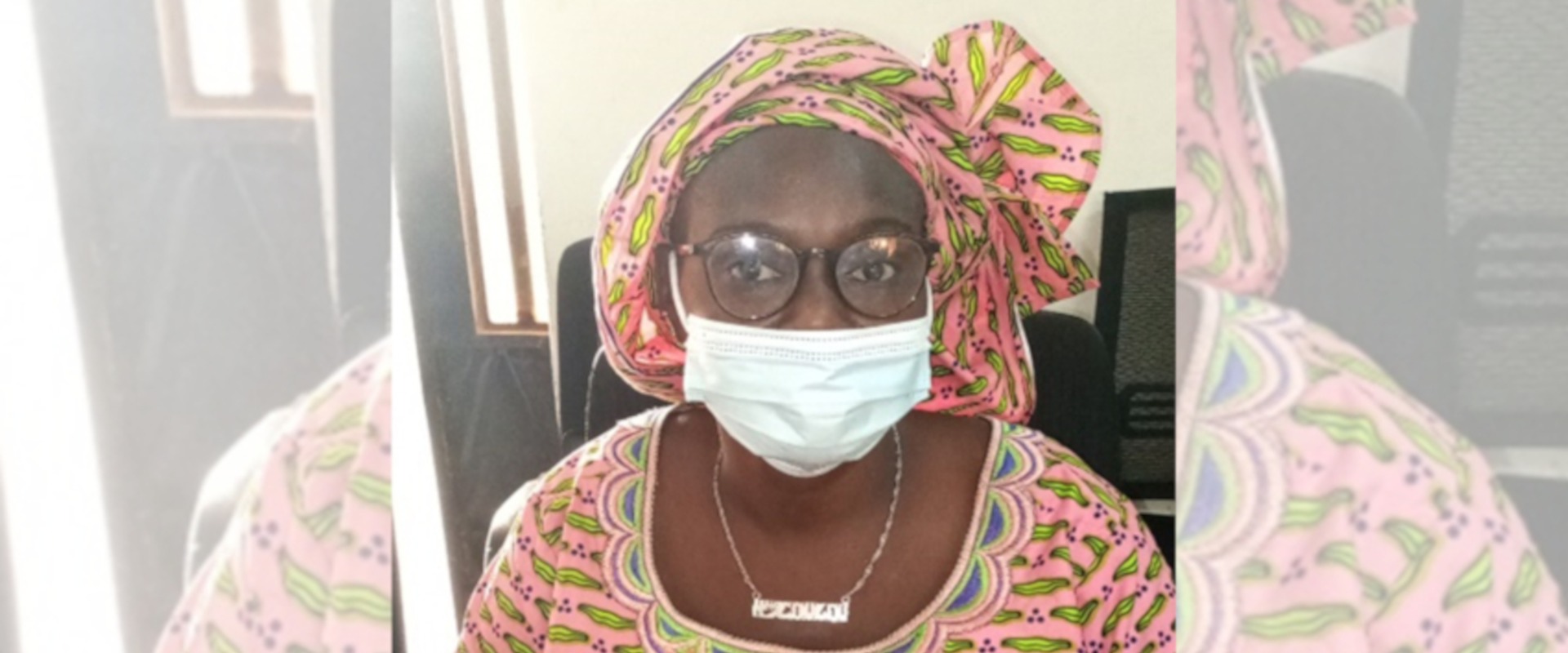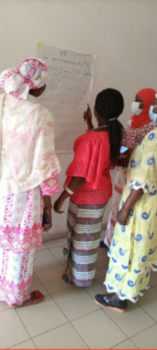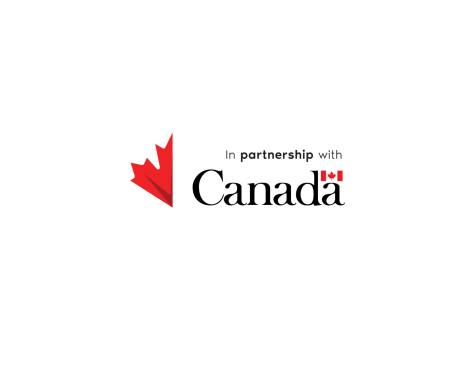
GIVE THIS RAMADAN

Within the framework of the integrated fight against chronic malnutrition in Mali project, funded by Global Affairs Canada, Action Against Hunger organized a training session from November 16 to 20, 2021 to strengthen the technical skills of maternity ward managers in sexual and reproductive health in Bafoulabé.
Over the past two decades, maternal and child health, as well as safe childbirth and family planning, have been the focus of increasing interest and efforts by policymakers. These joint efforts have led to internationally visible results, including an increase in contraceptive prevalence and a reduction in maternal morbidity and mortality rates observed since the 2010s. Yet this progress has been slow and uneven. Worldwide, hundreds of millions of women are still not using modern contraception to avoid unwanted pregnancies, and global targets for reducing maternal mortality have not been met.
It is in this context that the project organized training to strengthen the technical skills of maternity managers in sexual and reproductive health. The 38 participants, including 5 men and 33 women, met for five days to discuss the challenges they face in their practice and possible solutions in the Malian context. Among the participants were the Chief Physician of the Bafoulabé Health District, three Midwives from the Bafoulabé Maternity Hospital, and the Kayes Regional Health Director.
 During the interventions, the representative of the Kayes Regional Health Directorate, Madam Diallo Mariam Sidibé, thanked the Canadian government through Action Against Hunger for the technical and financial support within the region as well as for the improvement of the quality of care in general. She assured that its support throughout the project will not fail.
During the interventions, the representative of the Kayes Regional Health Directorate, Madam Diallo Mariam Sidibé, thanked the Canadian government through Action Against Hunger for the technical and financial support within the region as well as for the improvement of the quality of care in general. She assured that its support throughout the project will not fail.
In light of the discussions on the next steps, several recommendations were made, including:
“The training allowed me to strengthen my knowledge of the fundamental rights of sexual and reproductive health in general and of the global standards for the quality of care of adolescents and youth in particular. I am a maternity officer and when I return, I will make a restitution to the other maternity officers who were not able to participate in this workshop so that we are at the same level of information and improve the sexual health services for adolescents and youth.” Aminata Maïga, obstetric nurse.
 This training was organized as part of the Integrated Fight Against Chronic Malnutrition in Mali project, funded by Global Affairs Canada. This project aims to sustainably improve the nutritional status of children under five and women of reproductive age. The five-year project will address three major causes of chronic malnutrition: access to adequate care, a healthy environment and adequate nutrition.
This training was organized as part of the Integrated Fight Against Chronic Malnutrition in Mali project, funded by Global Affairs Canada. This project aims to sustainably improve the nutritional status of children under five and women of reproductive age. The five-year project will address three major causes of chronic malnutrition: access to adequate care, a healthy environment and adequate nutrition.
Join our community of supporters passionate about ending world hunger.